Saskatchewan’s Access to Justice Week will take place from October 27–November 2, 2025. The theme of this year’s event aligns with the theme of other Access to Justice Weeks taking place during the same period: Ten Years Forward: Expanding Justice, Embracing Inclusion.
In-person events taking place in Saskatchewan for Access to Justice Week include:
- Saskatoon Public Library Law Fair – October 23, 2025 (prior to the official start of A2J Week), 1:00 pm – 6:00 pm CT
The Saskatoon Public Library is hosting a free, drop-in Law Fair to connect people with legal information, assistance, and services from government and non-profit organizations. Attendees can join free presentations on common legal topics, get help during family law and wills/estates sessions, and explore a tradeshow featuring local and provincial organizations, all at no cost. - Community Social Justice Fair – October 27, 2025, 1:30 pm – 4:00 pm CT
This event is designed for community members who are unhoused or who experience poverty, injustice, or systemic barriers. The Fair will bring together a wide range of supports and services, with a focus on reciprocity and community care. Attendees can connect with:- Information and resources about legal services
- Employment and education information
- Food, giveaways, and a photobooth
- Health information and on-site services
- Naloxone kits and information about the drug toxicity crisis
- Regina Public Library Law Fair – November 1, 2025, 12:00 pm – 5:00 pm CT
The Regina Public Library is hosting a free, drop-in Law Fair to connect people with legal information, assistance, and services from government and non-profit organizations. The event aims to raise awareness of legal rights and responsibilities and to provide guidance on accessing legal information and support. Attendees can join free presentations on common legal topics, get help during family law and wills/estates sessions, and explore a tradeshow featuring local and provincial organizations, all at no cost.
Virtual events are available to stakeholders in Saskatchewan through Ontario’s Access to Justice Week: https://lso.ca/theactiongroup/access-to-justice-week.
For more information about Saskatchewan’s Access to Justice Week, including the location of in-person events or information about online engagement, please visit: https://www.lawsociety.sk.ca/initiatives/access-to-justice-week/.










